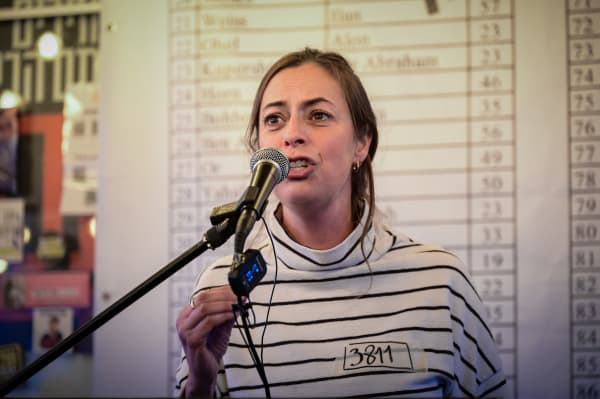Families of Israelis held hostage in Gaza hold a press conference in Tel Aviv on January 6, 2024. Photo by Avshalom Sassoni/Flash90
Representatives of hostage families held a press conference on Monday evening at the Hostage Families Forum headquarters where they discussed the list of names published by a Saudi news site as part of the negotiations for a ceasefire deal with the Hamas terror group.
Support authors and subscribe to content
This is premium stuff. Subscribe to read the entire article.
Login if you have purchased
